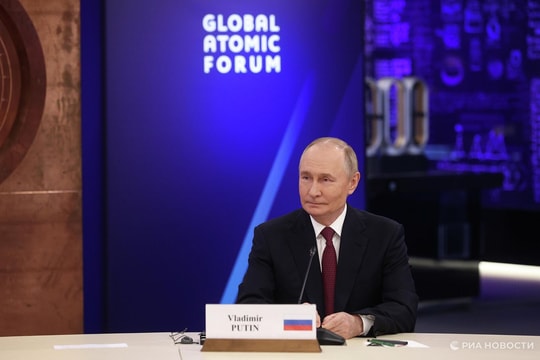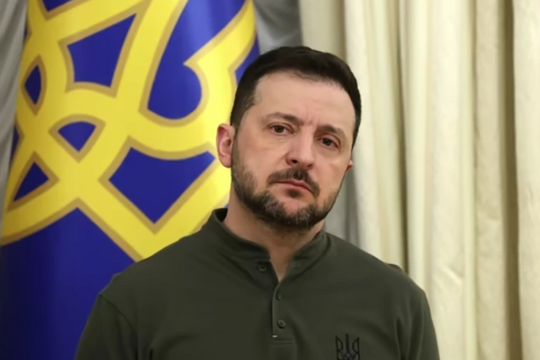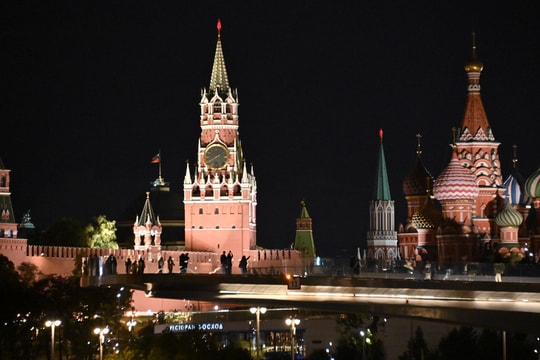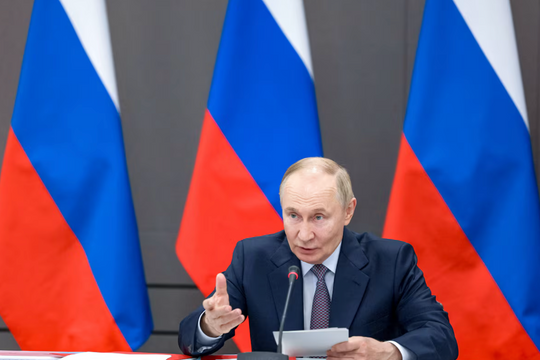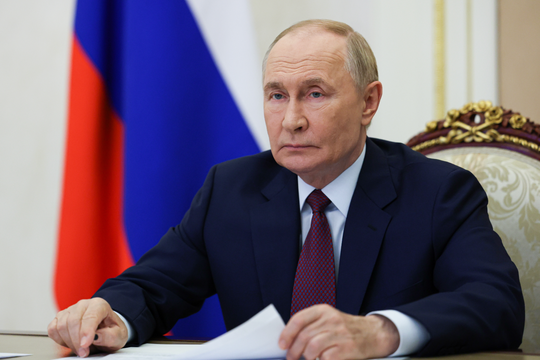New Cold War: A Very Near Prospect?
(Baonghean.vn) - The North Atlantic Treaty Organization (NATO) has just approved a plan to expand its military presence in Eastern Europe and the Baltic states, along with Russia's announcement of a response, immediately making people think of a Cold War. A new state of tension in this relationship may be approaching, but it is unlikely that both sides will consider adventurous steps.
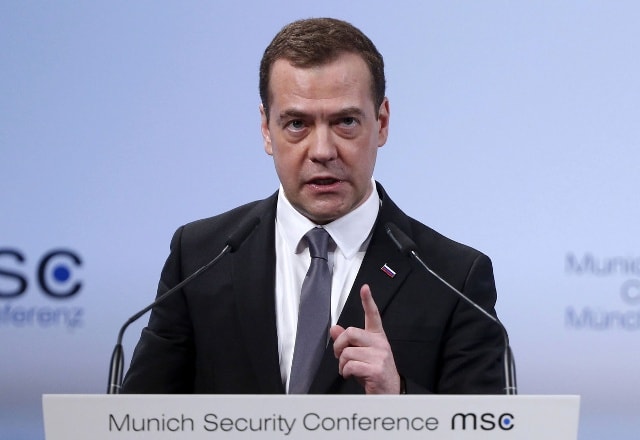 |
| Russian Prime Minister Medvedev speaks at the Munich Security Conference, Germany. Photo: Internet. |
Deterrence and protection
The new Cold War between Russia and Western countries is a concept warned by Russian Prime Minister Dmitry Medvedev at the Munich Security Conference, Germany on February 13. The head of the Russian Government emphasized: "NATO's political line towards Russia remains hostile and closed."
Mr. Medvedev pointed out that almost every day there are announcements about "the most terrible threats", sometimes to NATO in general, sometimes to Europe, the US and other countries, considered to come from Russia.
Mr. Medvedev affirmed that although the world faces many real threats, Western countries need to understand that they are completely different, not related to Russia. To reinforce his argument that the West should pay more attention to security issues in the Euro-Atlantic space than to emphasize the "Russian factor" in the overall future threats, the Russian Prime Minister cited a few examples. That is the context of the situation in the world is "quite tragic": there is no large unified Europe, European economies are weak, conflicts in the Middle East and North Africa are escalating, relations between the European Union (EU) and Russia are destroyed, and there is a civil war in Ukraine. He emphasized that the current European security system has certain problems, and at the same time called on the West to abandon the "doctrine of containment" in relations with Russia, and coordinate efforts with Moscow to solve the world's challenging problems.
These statements were in response to NATO's move three days earlier to approve a plan to increase its presence in member countries on NATO's eastern flank, which is said to be aimed at dealing with "a more assertive Russia using force to change borders" and NATO is currently facing "the most challenging security environment". This plan, when implemented, will help NATO establish a rapid reaction force of about 3,000 - 6,000 soldiers. These soldiers will be rotated continuously between the three Baltic countries - Lithuania, Latvia, Estonia - along with Poland, Romania and Bulgaria. In addition, NATO also continues to deploy the European missile defense system in some Eastern European countries as part of the strategy of this military bloc.
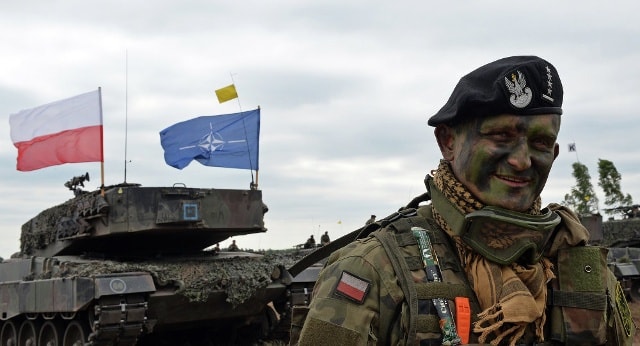 |
| Russia and NATO may be entering a new phase of competition. Photo: Internet. |
Form for new confrontation
After the prolonged crisis in Eastern Ukraine, relations between Russia and the West, including with NATO, are at their lowest point since the Cold War, with sanctions imposed by the US and Europe on Russia. That is not to mention the unusually high number of military exercises in 2015 that both sides conducted as a form of deterrence, or preparation for bad situations.
But given the current circumstances and the realities on both sides’ minds, it is unlikely that these preparations will be put into practice. A report published last August by the influential non-governmental think tank European Leadership Network (ELN), made up of former senior military and political figures, argues that this scenario is not something to be feared.
The ELN report suggests that both NATO and Russia are preparing for possible military action against each other, but experts agree that neither Moscow nor Washington and its allies have the capacity to plan for a large-scale military confrontation. That’s because NATO is not prepared for a conflict with Russia that could cause chaos in Europe, a humanitarian disaster, or the use of tactical nuclear weapons.
Large-scale military action against Russia aimed at changing Russia's constitutional order, or an Allied response to a hypothetical "Russian invasion of the Baltic states" would remain the talk of belligerent politicians and right-wing nationalists.
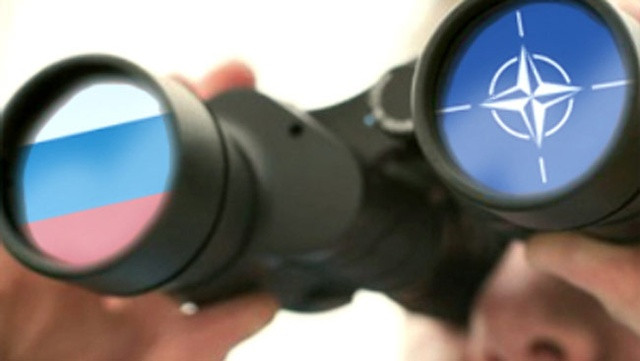 |
| NATO's plan to deploy rapid reaction forces in Eastern Europe and the Baltic countries to contain Russia. Photo: Internet. |
The current conflict of interests may only manifest itself in a smaller, indirect confrontation, that is, escalating into a “hybrid” war, consisting of military operations focused mainly on cyber attacks, reconnaissance flights along the border to probe reactions, economic sanctions and propaganda rather than the use of conventional forces.
For the West, the ultimate goal of the ongoing “hybrid” war is perhaps to force Russia to abandon, if not regime change, its current foreign policy and its claims to regional leadership. In such a strategy, NATO’s recent displays of “military aggression” will force Moscow to devote additional resources to “reciprocal exercises” in the context of economic sanctions that are costly and weakening for Russia.
A Russia that is disbursed and losing its edge in its traditional sphere of influence is the goal that the West is striving to achieve. They need a more moderate and “reasonable” Russia to solve other thorny problems of the world. But perhaps, such calculations will only lead to stronger resistance from the Russian bear.
Thanh Son
| RELATED NEWS |
|---|

